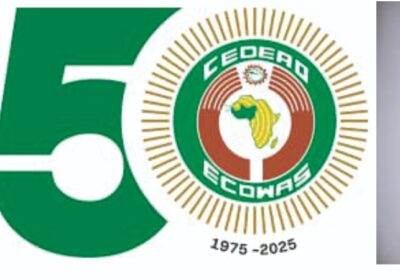BPP, World Bank, and CIPS-UK Accused of Violating Nigerian Law in New Procurement Certification Scheme By Raymond Enoch
The Chartered Institute of Purchasing and Supply Management of Nigeria (CIPSMN) has issued a fiery rebuke against the Bureau of Public Procurement (BPP), the Chartered Institute of Procurement and Supply, United Kingdom (CIPS-UK), and the World Bank, accusing the trio of trampling on Nigeria’s sovereignty and legal framework through the recent launch of the National Procurement Certification Project (NPCP).
In a statement released in Abuja , CIPSMN described the April 30th launch of the certification program as a direct violation of the CIPSMN Act No. 21 of 2007 and the Public Procurement Act of 2007.
The Institute opines that the program—which seeks to train and certify procurement professionals—is not only illegal but amounts to what it calls “indirect colonization” of Nigeria’s procurement sector by foreign interests.
“The BPP has no legal mandate to certify procurement professionals. That authority belongs solely to CIPSMN, just as medical, legal, and accounting professions are regulated by their respective statutory bodies,” said Prof. M.J. Aliyu, Registrar and CEO of CIPSMN. “What the BPP, CIPS-UK, and World Bank are doing is a clear breach of the law and a threat to national sovereignty.”
CIPSMN argues that Section 16 of its Act criminalizes any individual or institution practicing or certifying procurement without being duly registered with the Institute. It also alleges that the BPP has for years operated outside its mandate—shifting from regulatory oversight to certification and training without appropriate legal backing or the approval of the National Council on Public Procurement, a key oversight body that remains unconstituted.
Highlighting a pattern of disregard for Nigerian laws, the Institute criticized the appointment of non-qualified individuals as Director Generals of the BPP and described the NPCP as an “illegally outsourced certification scheme” designed to undermine local institutions in favor of foreign ones.
“The use of the World Bank and CIPS-UK to push a foreign certification agenda in Nigeria is not only deceptive but constitutes regulatory overreach and a dangerous precedent,” the statement said.
CIPSMN is calling for urgent intervention from both the Executive and Legislative arms of government to halt the NPCP, ensure compliance with Nigerian laws, and protect the integrity of the country’s procurement sector.
“While international collaboration is welcomed, it must respect the laws of Nigeria. What is unfolding is not capacity building, but a hijack,” Prof. Aliyu concluded.
The statement adds that legal steps are being considered to challenge the NPCP and restore what CIPSMN calls the rightful and legal order in Nigeria’s procurement profession.









